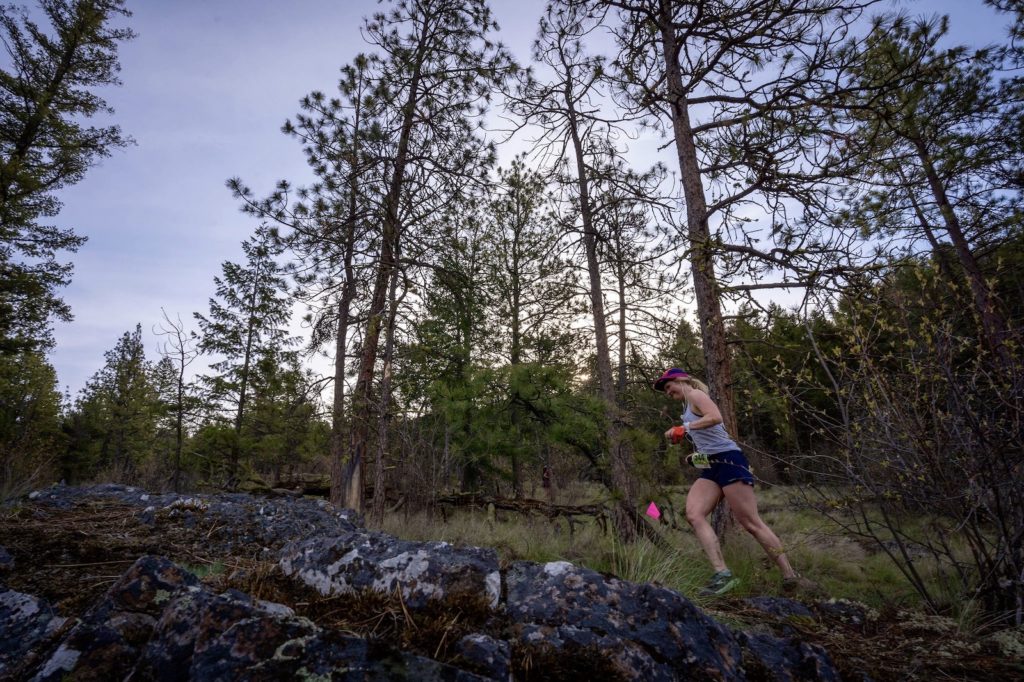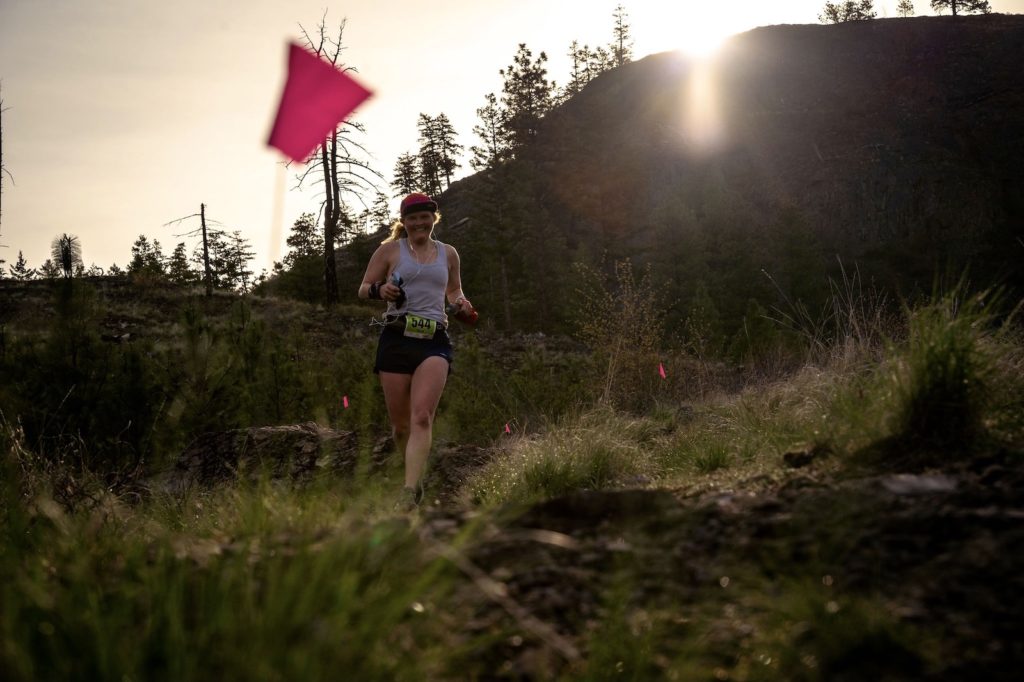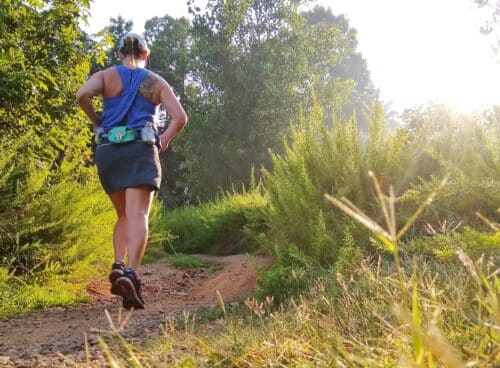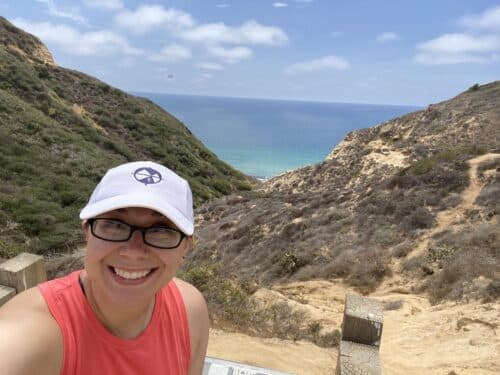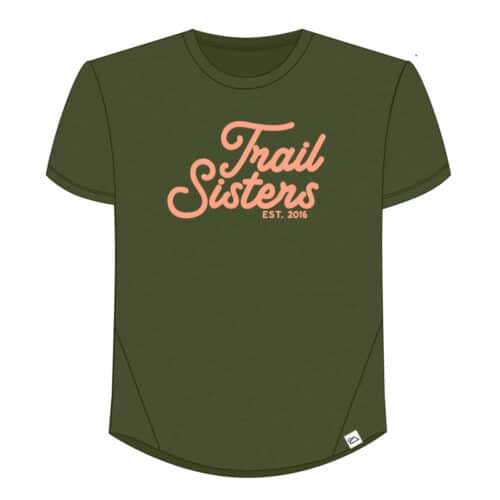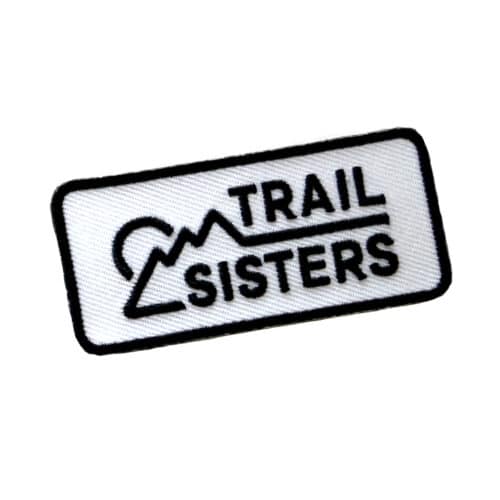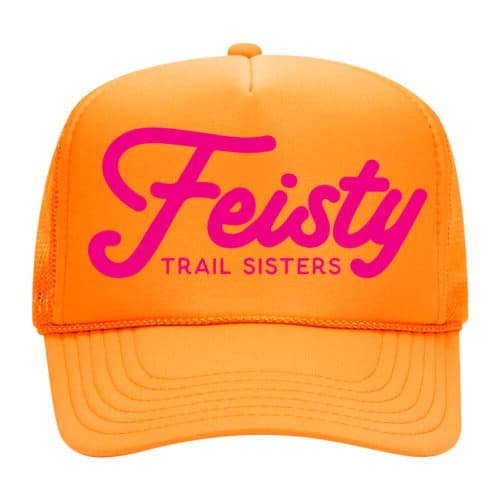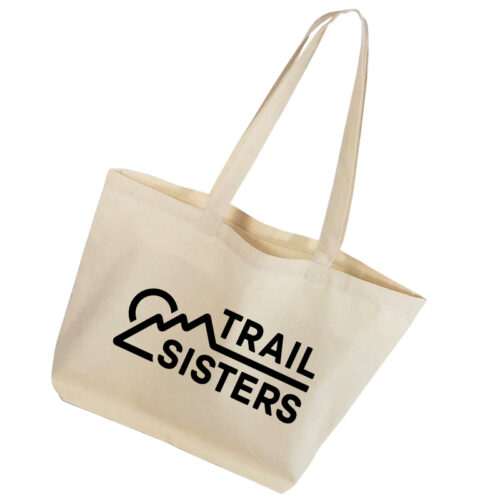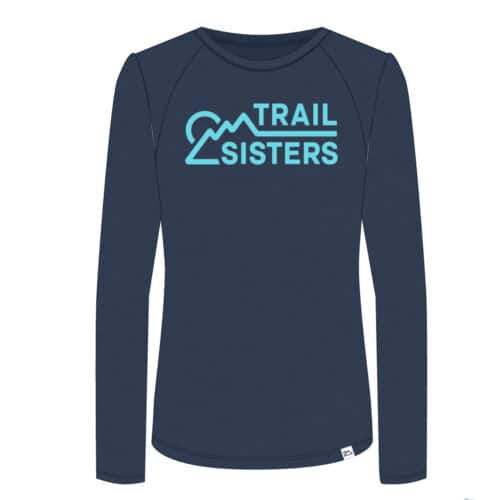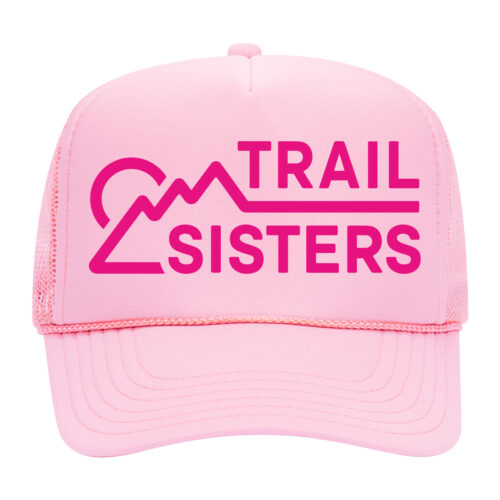Photo Credit: @folkandwild Writer Tricia running the Nimble Bear 50km in Kelowna, BC, before DNF’ing
I was sitting at the site of the trail, crying uncontrollably, only half recognizing that other racers were running by or that my race bib was fluttering in the light breeze that could only be felt on the ridge-line where we were. After wiping away tears, I realized that what I wanted most right there was snuggling my dog Mops. While physically I could easily have jogged the remaining 40km to finish the race, the only thing I knew I needed as soon as possible was my puppy snuggling his soft little head into my elbow.
It was at the Nimble Bear 50km Trail Race in Kelowna, British Columbia where, for the first time, I didn’t finish a race I had started. I knew that athletes of all abilities had DNF’s to their name. I had read Instagram posts and listened to podcasts of professional ultrarunners challenging the notion that a DNF is a failure that should be avoided at all costs. And yet, I still felt this immediate feeling of self doubt, of shame, of frustration. I didn’t think that I would ever DNF.
While I’m only an expert in my own experience, my reflection of the experience of a DNF has allowed me to look more deeply into my relationship with running, and I wanted to share this thought process in the event that others who experience the shame and self doubt and frustration of a DNF may find it helpful.
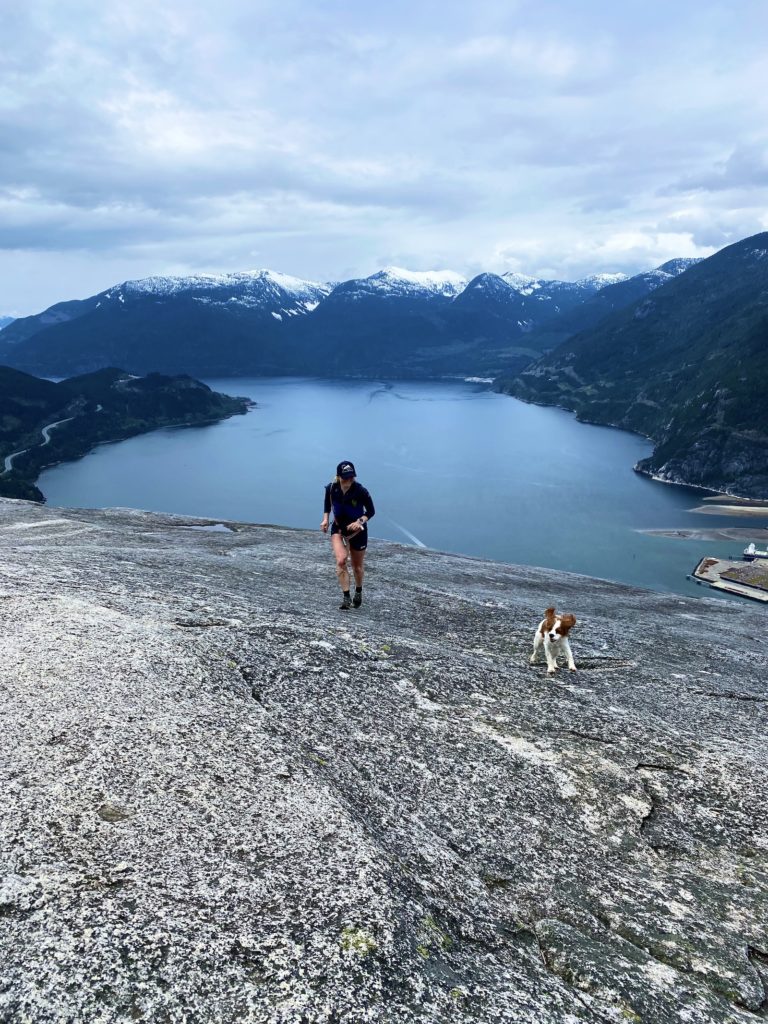
Validate your feelings
For me, the most important first step was validating my feelings of anger and shame and self doubt and frustration at my decision to DNF. Before trying to find any learning opportunities in the experience, I had to recognize that feeling all of those feelings was absolutely warranted. DNF’ing can be really shitty. It can be soul crushing to not have your race (or big adventure) day not turn out how you want it to after all of the commitment you’ve put into preparing. Experiences can be both good and bad at the same time, and drawing positive reflections or learning opportunities from challenging experiences doesn’t negate or erase any negative feelings you may have. Anything you are feeling is valid.
Race results don’t dictate your value as an athlete or a human
I replayed my coach’s words in my head over: “a DNF is not a reflection of you as an athlete, as a person, and as your potential in the sport of ultrarunning”. Thinking even bigger, race results of any kind don’t reflect any type of value as an athlete or a human. I think what really defines an athlete is their commitment to putting in the work, their resiliency to push through hard times in training and racing (and life!), and their commitment to building an ultra/trail community that recognizes and values all the badass things that runners of all abilities accomplish in our sport. This reflection takes the pressure off of one race or adventure or training run result; there is no need to overthink one DNF into being a reflection of something bigger.
Why racing is rad beyond actually racing
When I was sitting at the finish line after my DNF, eating pizza and cuddling my dog and wiping half dried tears from my face, I realized that there are many reasons why I Iove racing outside of actually racing. I love the community of runners coming together to have a good time. I love watching other runners crush their goals, and gain inspiration from watching others do hard things. I love watching badass women absolutely throw down incredible performances (at Nimble Bear, I saw the female winner of the 10km distance cross the finish line, who won outright!). I love running new-to-me trails. I feel so much gratitude for all the people that have devoted time to make the race runs smoothly. I love that at the finish lines of ultras, runners and crew are laughing, crying, drinking beer, puking, covered in mud, eating snacks, having the deepest nap of your life, or cuddling dogs, or basically anything else, and everybody is there for a good time. Even if I didn’t finish the 50km race I hard started, I was still able to experience all of these other things about why I love racing.
Ultrarunning is about exploring our limits
After an initial period of internal sulking (and eating smores and pizza and puppy cuddles), I realized that when we attempt to push ourselves to our physical and mental limits (as we often do in an ultra or other big objective), sometimes we cross the line of where our limit is. This line changes daily, and isn’t linear, and there’s truly no way to figure out exactly where it is on any given day unless you put yourself out there and try. I suppose that it’s inevitable that at some point, we will cross that line when trying to see what we are capable of. Perhaps this simply means that we have the courage to try to see what we are capable of? And really, isn’t that part of the reason why we run ultras anyways?
Reflection on what actually went wrong
In my case, little things popped up that made me mentally more vulnerable to big things that could totally derail my run. While the panic attack I experienced on the ridge-line was what had caused my decision to DNF, there were little things that were completely in my control that had made me more susceptible to a panic attack coming along. The day before, my nutrition was off. I did a very short warm up before the race and didn’t respect what I know my body needs to be in full send mode in a race: a long slow warmup and ease into the first half of a race. I was using relatively new gear to me, deciding to race with a belt instead of a vest, and I hadn’t fully mastered the gel placement strategy in my belt. My feet were hurting in the shoes I was wearing. I didn’t like my outfit (arbitrary, I know, but feeling stoked about the colour of my shirt is something that brings me joy on a run!). These are things that could be addressed that would have made dealing with the panic attack that happened easier, or maybe would have allowed me to bounce back from the panic attack faster. Or not, who knows. But either way, addressing things that are in your control will be absolutely helpful regardless of the outcome.
Drawing learning opportunities after a DNF really helps us toe our next start line with courage and stoke! Happy trails!
